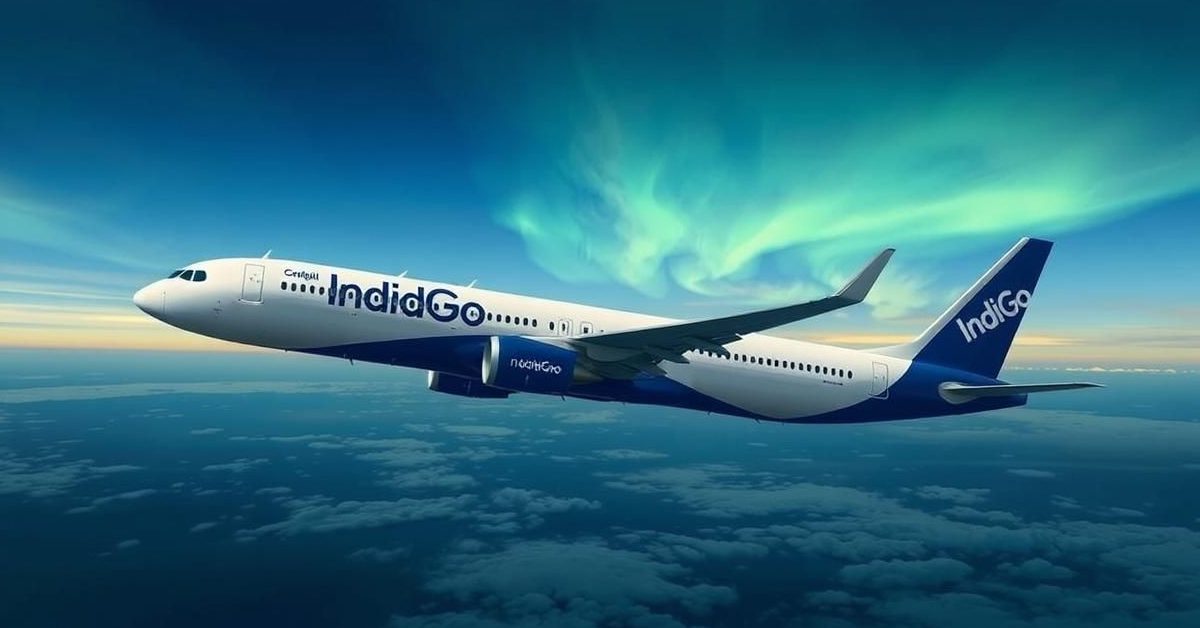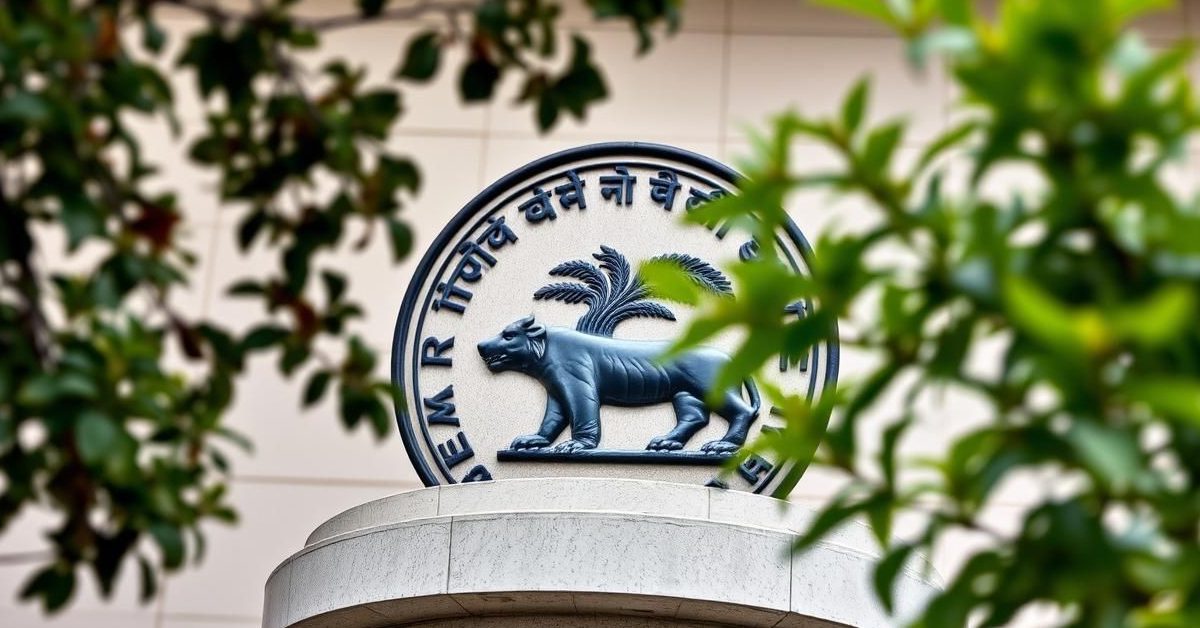India’s largest airline, IndiGo, is charting a new course by evolving beyond its traditional low-cost carrier model, aiming to become a “fit-for-purpose” airline with varied product offerings and a significant global footprint.
IndiGo’s Evolving Vision
IndiGo CEO Pieter Elbers revealed the airline’s strategic shift, moving away from a strict budget carrier approach. This evolution includes tailoring product offerings for different market segments, ensuring value for money while meeting diverse customer needs.
This new direction marks IndiGo’s long-haul debut with direct flights to Manchester and Amsterdam. The airline plans to expand its range step by step, continuously stretching its network beyond current borders.
Expanding Global Reach
IndiGo’s current narrow-body fleet can reach approximately 65% of the world’s population, offering immense international growth opportunities. The airline is building on its success in Central and Southeast Asia by adding density to its regional network.
Recent announcements include 10 new international destinations. These comprise London, Copenhagen, and Athens, along with four new spots in Central Asia and Siem Reap in Cambodia.
The network development will be a hybrid model, utilizing major Indian cities like Delhi, Mumbai, Bangalore, and Hyderabad as connection points, alongside substantial point-to-point flights. The upcoming Airbus A321 XLR deliveries are expected to further support this expansion.
Partnerships for Connectivity
Codeshare partnerships are becoming increasingly reciprocal for IndiGo. While foreign airlines previously used IndiGo’s domestic network to funnel passengers, IndiGo is now connecting its passengers to global destinations via partners.
For instance, KLM connects to 30 destinations in India through IndiGo, and IndiGo will now offer connections on KLM’s network from Amsterdam. Similar partnerships are being developed with Virgin Atlantic, Air France-KLM, and Delta, significantly aiding IndiGo’s global network growth.
Rethinking Long-Haul Travel
IndiGo’s long-haul product challenges traditional low-cost carrier labels. For flights lasting nine to ten hours, the airline includes hot meals and baggage, offering a “fit-for-purpose” experience rather than relying on on-demand sales.
This approach differentiates long-haul services from its domestic operations, where a cost-compelling model with attractive pricing remains. IndiGo has also introduced “IndiGo Stretch” (a business-class style cabin) on some busy domestic routes, demonstrating its adaptable product philosophy.
Domestic Market Dominance & Future
Despite holding a significant 65% market share, IndiGo sees vast potential for domestic growth. India’s aviation market is projected to double by 2030, driven by an expanding middle class and growing GDP.
IndiGo plans to double its fleet size within the same timeframe, focusing on four key types of domestic services: metro-to-metro, metro-to-non-metro, non-metro-to-non-metro, and regional routes. The metro-to-non-metro segment has been a major growth engine.
Enhancing Airport Infrastructure
For India to become a global aviation hub, IndiGo emphasizes the need for better transfer facilities at airports. While not advocating for carrier-specific visa regimes, the airline suggests smoother visa processes, such as transit or stopover visas, to encourage international layovers.
IndiGo currently serves 91 domestic airports, with plans to reach 95 this year, ensuring 90% of the Indian population lives within 100 km of an IndiGo-served airport. The focus for future development is on bigger, better, and smoother airport operations rather than simply more airports.
- IndiGo is evolving beyond a low-cost carrier to a “fit-for-purpose” airline with varied product offerings.
- The airline has launched long-haul flights and plans significant international expansion, including new destinations in Europe and Central Asia.
- New reciprocal codeshare agreements with global airlines are crucial for IndiGo’s international network growth.
- India’s domestic aviation market is expected to double by 2030, and IndiGo is committed to doubling its fleet to capitalize on this growth.
IndiGo’s strategic moves highlight its ambition to not only dominate the domestic market but also establish a robust global presence, adapting its services to meet the evolving demands of air travel.














